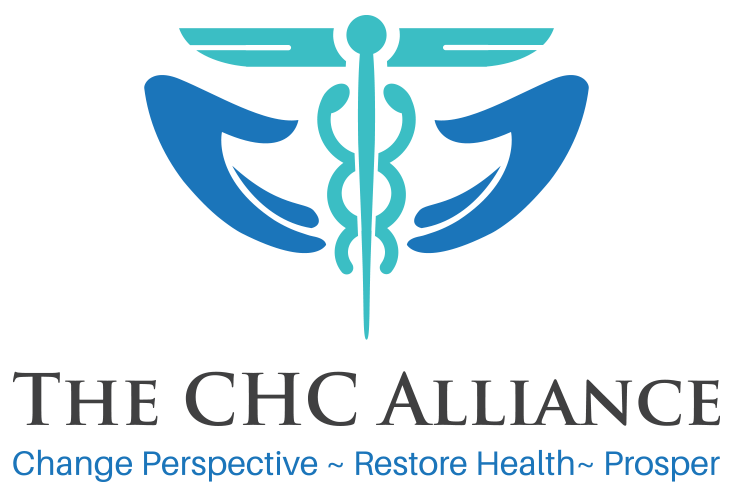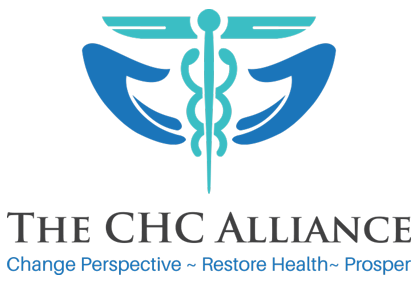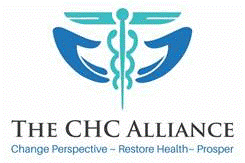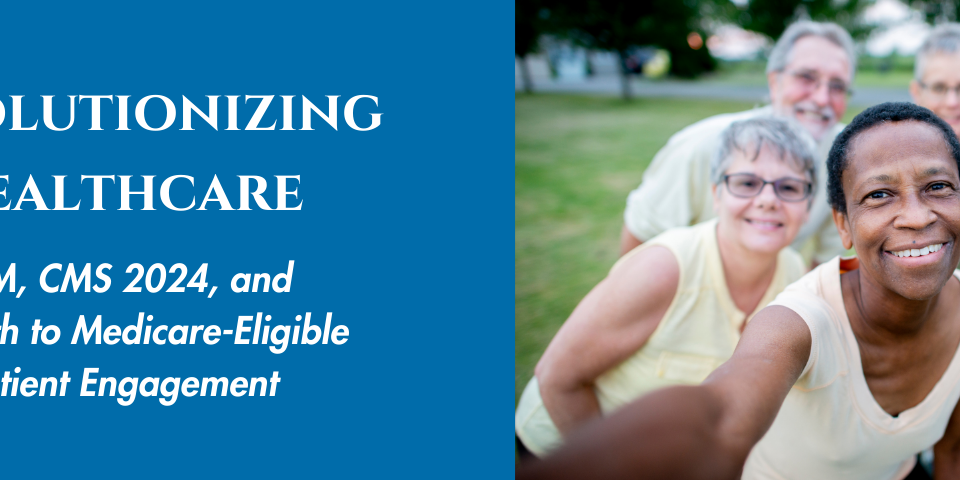- Your Alliance for all your CHC needs.
- (386) 673-9846
- info@thechcalliance.com
MLK’s Impact on FHQC’s Remembered

January 2023
January 12, 2023
FQHC Credentialing Bottlenecks
January 16, 2023Martin Luther King Jr. was a civil rights leader who fought for racial equality and social justice. His work and activism had a significant impact on the healthcare system and Federally Qualified Health Centers (FQHCs) in the United States.
Civil Rights Act of 1964: One of King’s major accomplishments was the passage of the Civil Rights Act of 1964, which prohibits discrimination on the basis of race, color, religion, sex, or national
origin. This act had a significant impact on healthcare, as it prohibited discrimination in healthcare settings and ensured that all patients, regardless of their race, had access to healthcare services.
Community Health Centers: King was a strong advocate for community health centers, which later became known as FQHCs. He recognized the importance of providing healthcare services to underserved
communities and advocated for the establishment of community health centers in urban and rural areas.
Disadvantaged Populations: King understood the impact of poverty and discrimination on health outcomes, and he fought for the rights of disadvantaged populations to have access to healthcare.
FQHCs, by definition, provide services to underserved communities which are often composed of disadvantaged populations. FQHCs provide comprehensive primary and preventive care to these communities, which can help to reduce health disparities and improve health
outcomes.
Health Equity: King’s legacy continues to be an inspiration for those fighting for health equity. FQHCs, which serve underserved communities, continue to address health disparities by providing
access to care for vulnerable populations, particularly people of color, low-income individuals, and those living in rural areas.
In conclusion, Martin Luther King Jr.’s work had a significant impact on Federally Qualified Health Centers (FQHCs) and the healthcare system in the United States. The Civil Rights
Act of 1964, his advocacy for community health centers, and his focus on disadvantaged populations helped to ensure that all patients, regardless of their race, had access to healthcare services. His legacy continues to inspire those working towards health
equity and addressing health disparities in underserved communities.



